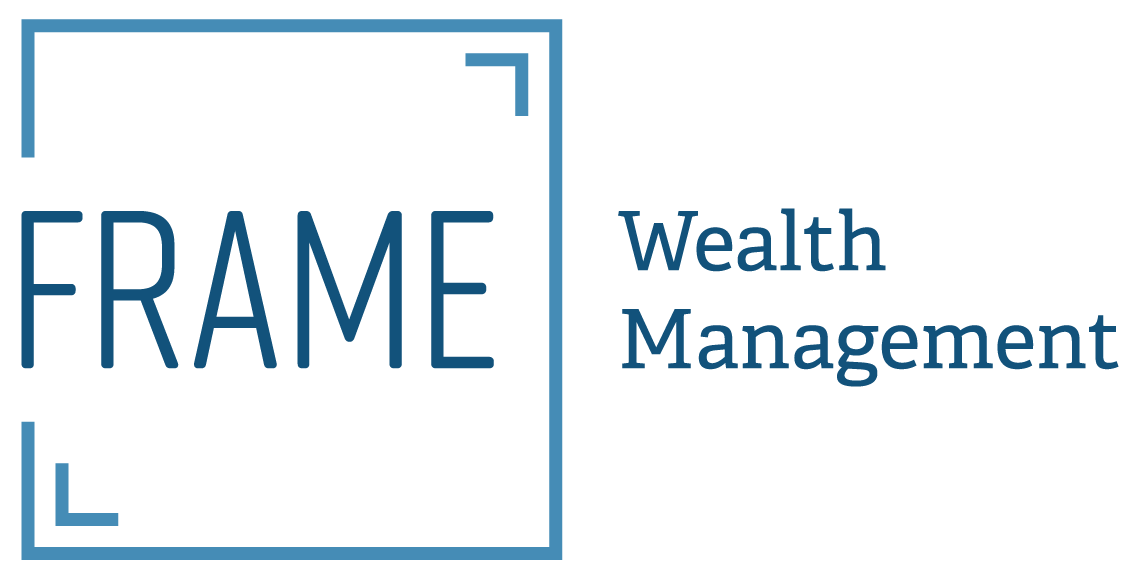Omar and Li are both 67 years old. They own a beautiful three-bedroom home in Santa Fe, New Mexico. Their three children all live at least two hours away, but they visit frequently and stay for a few days. Omar and Li enjoy spending time with their children and grandchildren.
Though both Omar and Li are in good health, they have considered downsizing to a condo but realize that doing so would make it difficult for their family to visit for any length of time. Their home mortgage has been paid off for over a decade. All three of their children are financially successful. Omar and Li would like to access some of the equity in their home and use it to travel. They question whether a reverse mortgage would be a good choice for them.
What is a reverse mortgage?
A reverse mortgage is a financial tool that allows people aged 62 and older to borrow against the equity in their home, using their home as collateral for the loan. The homeowner can receive the money as a lump sum, a fixed monthly payment, or a line of credit. The loan comes due when the borrower dies, moves away permanently, or sells the home. The borrower’s spouse or estate would then pay off the loan (principal, interest, mortgage insurance, fees) using the proceeds from the sale of the house.
According to the FTC, the money you receive is usually not taxable, and it generally won’t affect your Social Security or Medicare benefits.
Types of reverse mortgages
There are three kinds of reverse mortgages:
- Single purpose reverse mortgages: State and local governments offer these mortgages. They tend to be the least expensive. However, as the name suggests, the reverse mortgage can only be used for one purpose, such as home improvement, repairs, or paying property taxes.
- Proprietary reverse mortgages: These loans are offered by private companies.
- Federally insured reverse mortgages or Home Equity Conversion Mortgages (HECMs): Home Equity Conversion Mortgages (HECMs) are backed by the U.S. Department of Housing and Urban Development. Unlike single purpose reverse mortgages, federally insured reverse mortgages can be used for any purpose. Most reverse mortgages are of this type.
Reverse mortgage payment options
There are several payment options for a reverse mortgage, including:
- Lump-sum: All funds are dispersed when the loan closes. Fixed mortgage rates are an option.
- Equal monthly payments: A type of annuity in which the lender makes payments to the borrower for the rest of their lives, as long as at least one borrower lives in the home.
- Term payments: Each monthly payment is dispersed over a set period of time.
- Line of credit: Money is available to borrow as needed, with interest charged only on the money that is borrowed.
- Combination: The loan is a combination of monthly payments and a line of credit.
Factors to Consider
Fees: Reverse mortgage lenders typically charge an origination fee and other closing costs as well as service fees over the life of the loan. Fees associated with Home Equity Conversion Mortgages (HECMs) include the following:
Origination fees are paid to the lender and cannot exceed $6,000. Real estate closing costs are paid to third parties. A mortgage insurance premium is charged by the lender and paid to the Federal Housing Administration. Ongoing fees can include interest, service fees, an annual mortgage insurance premium (0.5% of the outstanding balance), and property charges.
Interest is added: As you borrow against your home equity, interest is added to each month’s balance. Therefore, the final loan amount will include both the equity and the interest. The interest rate is typically a variable interest rate, which means it will change with the market. The interest rate is tied to the London Interbank Offered Rate (LIBOR). You are charged this rate plus a margin of one to three percentage points added by the lender. Unlike traditional home loans, the interest is not tax deductible until the loan is paid off.
Home Maintenance: Because you retain ownership of your home, you are responsible for homeownership expenses such as property taxes, utilities, and maintenance costs.
Running out of money: If you pick a loan payment plan that is likely to exceed the length of your lifespan and it doesn’t, or a line of credit that you use up, it is possible to use all the equity in your home. Almost all reverse mortgages are non-recourse loans, so the borrower is not responsible for paying the deficit if the home equity value is less than the outstanding balance. The lender charges high fees to ensure this does not occur.
Watch for scams
Watch for high-pressure sales tactics or for offers to bundle annuities or long-term care insurance with your reverse mortgage.
With most reverse mortgages, you have three business days to change your mind. To cancel, you must notify the lender in writing by certified letter. Keep copies of your correspondence and request a receipt for your letter. After the lender receives notification that you have canceled, they have 20 days to return your money.
Omar and Li consulted with their wealth advisor. As a result, they are transferring ownership of their home into a trust. Their children have also funded an account in the trust that will pay Omar and Li monthly payments for their lifetime. Upon their death, the home will be sold, and the proceeds will be divided equally among their three children.
Omar and Li felt that the funds for a reverse mortgage were excessively high. The plan they developed with their wealth advisor suits everyone in the family.


